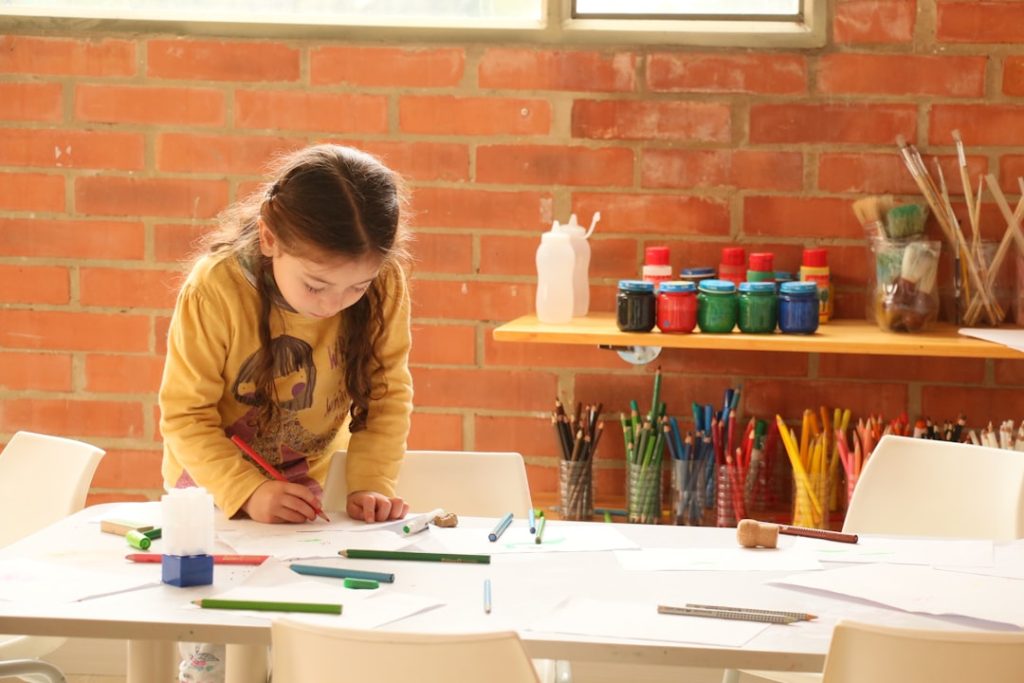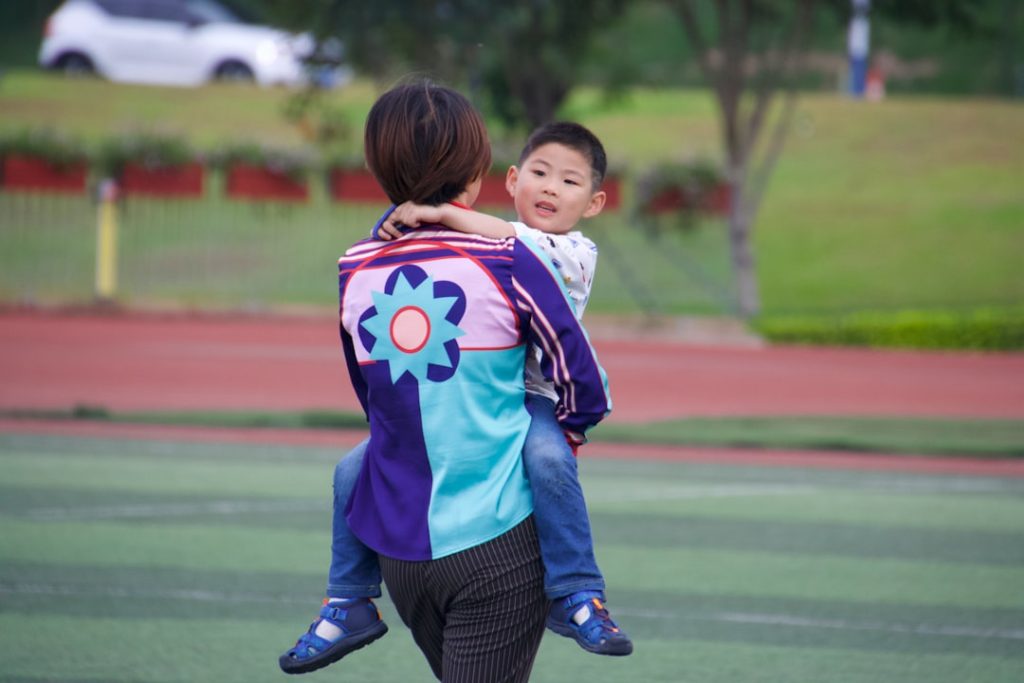ABA Therapy Goals: Real Examples (Communication, Daily Living, Behavior)
Families, welcome to a conversation that I hope will shed light on Applied Behavior Analysis, or ABA, a frequently misunderstood component of autism therapy. We’re delving deeply into the objectives of ABA today. Goals are like a ship’s North Star; they tell us where we’re going and how we’ll know when we’re there. These are not nebulous aspirations in ABA; rather, they are carefully formulated, quantifiable goals intended to enable people with autism to successfully navigate & flourish in their environment. You may have heard tidbits about ABA, but the discussion frequently veers into extremely technical terms or, on the other hand, explanations that are too simplistic. Today, we want to demystify the goals of ABA therapy by providing specific examples in important areas like behavior, everyday living, and communication, all while keeping a factual, understandable approach. Individualization and functionality are the cornerstones of ABA goals. Prior to delving into particular instances, it’s critical to understand the two fundamental tenets of ABA: functionality and individualization. Try cultivating a garden. Every plant has different needs, so you wouldn’t use the same fertilizer for them all. In exploring the various goals of ABA therapy, particularly in areas such as communication, daily living skills, and behavior management, it is beneficial to consider recent advancements in the field. A related article that delves into new research findings and their implications for ABA therapy can be found at this link: Advancing ABA Therapy: New Research Findings. This resource provides valuable insights that can enhance the effectiveness of therapy goals and strategies. In the same way, each child with autism is different. What is effective for one person might not be applicable to another. This is the point at which individualization is useful. ABA therapy is never a program that works for everyone. After a child’s strengths, challenges, interests, & family priorities are thoroughly assessed, goals are created. ABA goals are firmly grounded in functionality, going beyond individual needs. This implies that we are teaching skills that will actually improve a child’s quality of life, independence, and capacity to engage meaningfully in their surroundings rather than just teaching skills for the sake of teaching. For example, teaching a child to spell their name, which is a useful skill for identification & written communication, could be a functional goal instead of teaching them to recite the alphabet if they already know it. SMART Framework for Developing Successful ABA Goals. The acronym SMART may be familiar to you from business or education, & it applies to ABA as well. These are SMART objectives. Specific: Exactly defined, with no space for doubt. Measurable: Quantifiable, allowing for the objective monitoring of progress. Realistic and doable in light of the child’s existing skills and resources. Relevant: Addressing significant aspects of life and meaningful to the child and their family. In the realm of Applied Behavior Analysis (ABA) therapy, setting clear and achievable goals is essential for effective treatment. For those looking to deepen their understanding of practical applications, a related article offers valuable insights into various strategies and techniques that can enhance communication, daily living skills, and behavior management. You can explore these strategies further in this informative piece on ABA therapy goals, which provides real examples that can be beneficial for both practitioners and families. Goal Category Example Goal Measurement Metric Target Outcome Communication Increase use of functional requests (mands) to express needs Number of spontaneous requests per session 5 spontaneous requests per 30-minute session Communication Improve use of two-word phrases Percentage of correct two-word phrases used 80% accuracy across 3 consecutive sessions Daily Living Increase independent tooth brushing Number of steps completed independently Complete all 5 steps independently in 4 out of 5 days Daily Living Increase ability to dress self Percentage of dressing tasks completed without assistance 90% independence in dressing tasks Behavior Reduce frequency of tantrums Number of tantrums per day Decrease tantrums to 1 or fewer per day Behavior Increase use of coping strategies when frustrated Instances of appropriate coping behaviors Use coping strategies in 4 out of 5 frustration episodes Time-bound: Defined with an achievement goal timeframe. This framework serves as a compass, guaranteeing that each objective has a distinct purpose and that advancement can be regularly tracked and acknowledged. Managing the Communication Goals World. Human connection is based on communication. Building effective communication skills can be a major focus of ABA for many people with autism. These objectives can range widely, from simple requests to complex social exchanges. Expressive Communication: Expressing Needs. The term “expressive communication” describes how a person expresses their needs, wants, and feelings. Requesting Desired Things or Activities: This is frequently one of the initial and most basic communication objectives. As an illustration, “Given a picture of a favorite snack and a verbal prompt ‘What do you want?’, [Child’s Name] will point to the picture of the snack expressing their desire, across four out of five trials for three days in a row.”. The “. Why it matters: By enabling the child to take charge of their surroundings, this lessens the frustration that may result from their inability to express their desires. Labeling Objects/Actions with Words or Vocalizations (Tacting): Transitioning from pointing to using words or sounds. For instance: “When given five typical objects (e. A g. ball, car, book), [Child’s Name] will vocally identify each item with an observable word or approximation over the course of two sessions, with an accuracy of 80%. A “. Why it matters: Tacting fosters vocabulary growth & an awareness of their surroundings. Asking for a break or assistance is essential for maintaining self-control & preventing the escalation of problematic behaviors. Example: “In three out of five instances over the course of a week, [Child’s Name] will independently use the phrases ‘I need a break’ or ‘Help please’ when experiencing difficulty during non-preferred tasks that last longer than five minutes. The “. Why it matters: Gives a child a useful way to express discomfort or a need for help. Communication that is receptive: comprehending










